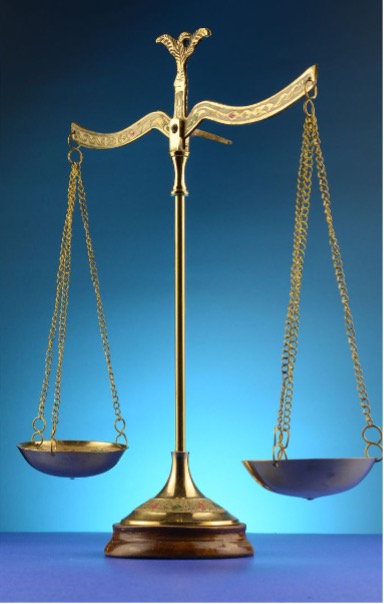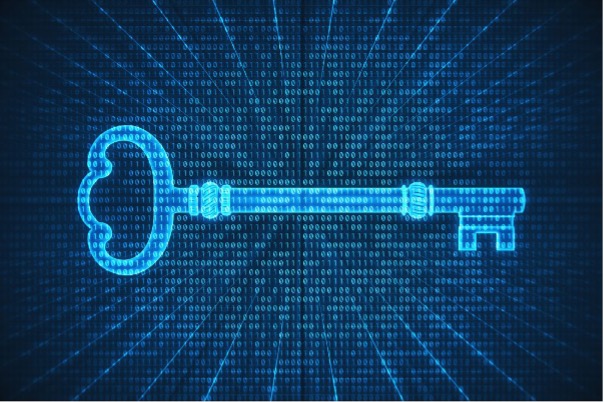As the world becomes more connected, privacy has become one of the most contested and important rights of the digital era. As technology advances, the boundaries between public and private life blur, raising critical questions about how privacy intersects with fundamental human rights. While digital innovations promise convenience and connectivity, they also bring unprecedented challenges to individual freedoms.
This blog explores the shifting dynamics between privacy and human rights, discussing how the digital era has transformed this crucial discussion.
Privacy: A Foundational Human Right
Privacy is not simply a matter of personal choice; it is an important component of democracy and human dignity. The Universal Declaration of Human Rights, enacted in 1948, protects the right to privacy in Article 12, which states:
"No one shall be subjected to arbitrary interference with their privacy, family, home, or correspondence. Everyone has the right to the protection of the law against such interference or attacks."
In the digital era, this principle has grown to include online activities, from browsing habits to social media interactions. However, with the development of technology, so also the threats to this basic right increase.
The Digital Age: A Double-Edged Sword
Digital technologies have completely changed how we communicate, work, and survive. While this has democratized access to information and empowered the most marginalized of communities, it has also managed to create an ecosystem of surveillance where personal data is often treated as a commodity.
1. Mass Data Collection
Apps, social media, and smart devices enable companies and governments to collect oodles of personal information. While this information helps improve services, it can also be used for profit or even control.
2. State Surveillance
Many governments use technology to monitor citizens under the guise of national security. Programs like PRISM and tools like facial recognition systems often operate without adequate oversight, raising concerns about abuse and overreach.

Privacy and Other Human Rights
Privacy is inextricably intertwined with other rights of human beings, and its degradation can have a ripple effect on freedoms such as:
1. Freedom of Expression
Without privacy, individuals may self-censor, fearing that their online activities could be monitored or misinterpreted. This chilling effect stifles free speech and open dialogue.
2. Freedom of Association
Often, in activists or minority groups, privacy stands as a shield for allowing them to organize and galvanize without fear from retaliatory actions. It potentially sets back collective action and reinforces civil society.
3. Right to Equality
Discriminatory algorithms and biased data collection may further exacerbate inequality. For instance, facial recognition software has highly misidentified people of color, resulting in unjust outcomes.
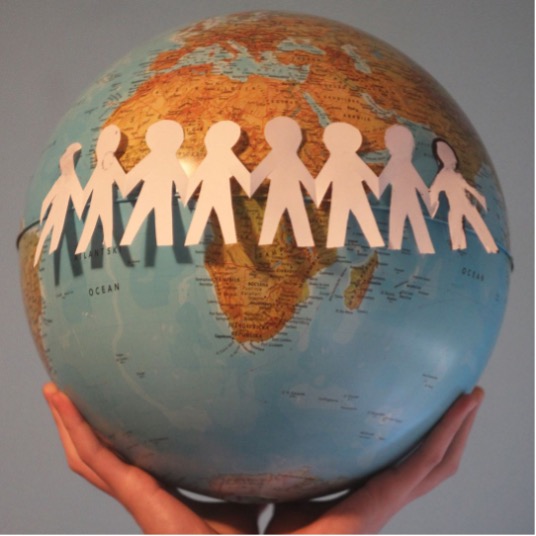
Global Case Studies: Privacy Under Threat
China: The Social Credit System
China’s Social Credit System exemplifies how privacy violations can infringe on multiple rights. This program uses surveillance to assign citizens scores based on their behavior, affecting access to jobs, housing, and even travel. Critics argue that it creates a culture of fear and conformity, undermining freedom and dignity.
Europe: The GDPR’s Role
In contrast, the General Data Protection Regulation of the European Union is a good example of proactive privacy protection. The GDPR gives individuals control and puts organizations responsible for strict data protection rules.
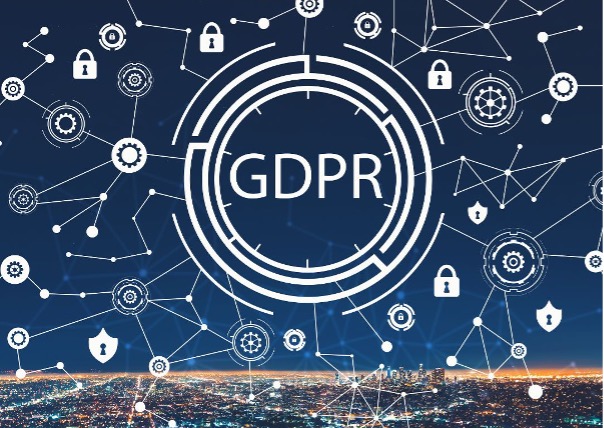
The Role of Technology Companies
Big Tech has a pivotal role in shaping the landscape for privacy. Platforms like Facebook, Google, and Amazon accumulate vast amounts of data, which often leads to the following:
1. Data Breaches
High-profile incidents, such as the Cambridge Analytica scandal, have exposed the risks of poor data security.
2. Manipulative Practices
Algorithms can leverage personal information to influence behavior, from targeted ads to political propaganda.
3. Monopoly Power
A lack of competition allows tech giants to set terms that prioritize profit over user rights.
But some companies are stepping up to champion privacy. Apple's recent updates, for example, put a premium on user control over data sharing.
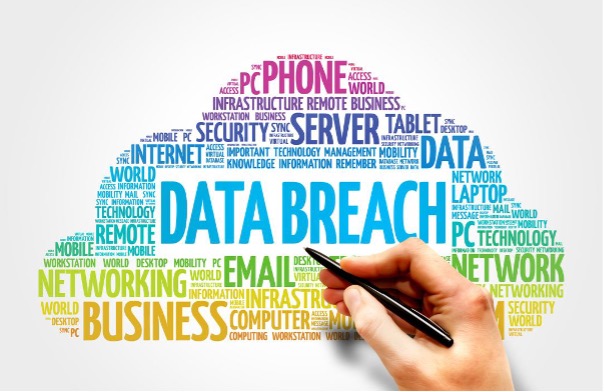
Advocating for Digital Privacy
Protecting privacy in the digital age is everybody's business. Here are some concrete steps that individuals, organizations, and governments can take:
- Strengthen Regulations: Strong laws like the GDPR should be a standard worldwide to ensure accountability and transparency.
- Educate the Public: Awareness campaigns can empower people to understand their rights and make informed choices online.
- Invest in Privacy-Enhancing Technologies: Innovations like encryption, decentralized networks, and anonymous browsing tools will protect personal information.
- Foster Collaboration: Governments, technology companies, and civil society must work together to devise ethical frameworks for data use.

The Future of Privacy: A Call to Action
Navigating the digital era, the one thing that has to stay constant is the right to privacy. It is a societal challenge rather than purely technological in nature, touching on the very core of human rights. We can make a difference by being proactive, by demanding change, so that technology will serve humankind without sacrificing our freedoms.
The intersection of privacy and human rights requires eternal vigilance, innovation, and unity. In a world where data is power, protecting privacy is not only about securing information but also very much about the dignity and autonomy of every individual.
